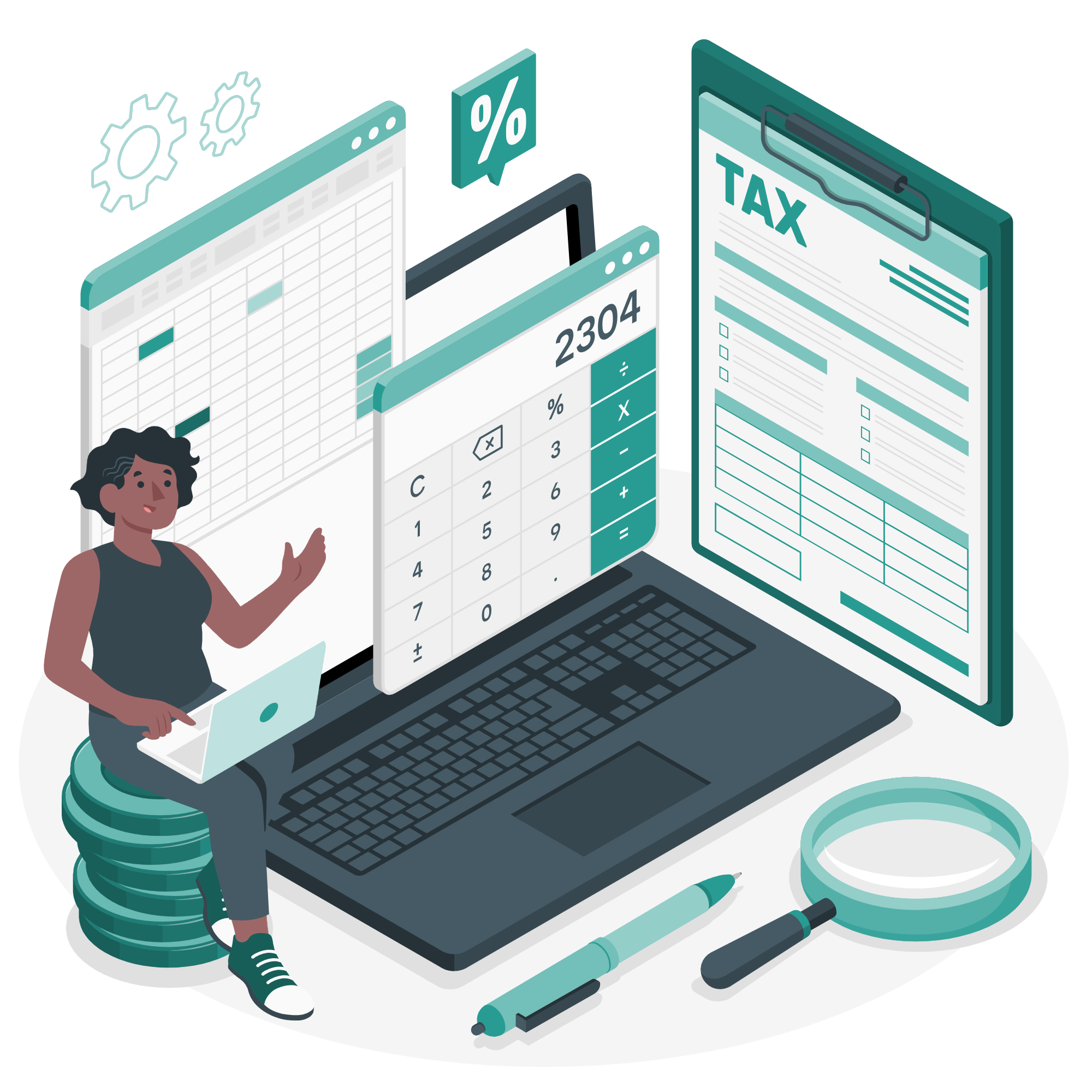
Is College Worth It? Here’s What The Numbers Show
The Wisconsin job market remains strong, with December 2025’s 3.1% unemployment rate falling significantly below the national unemployment rate of 4.4%. Seeing such high demand for workers, is a college degree worth the time and expense? What kinds of jobs are plentiful now and what will future workers in Wisconsin need?

Setting Students Up for Financial Success Before College
SecureFutures’ Money Path tool helps students map out their post-high school journey, ensuring they make informed financial choices. Money Path gives students a powerful, no-cost, real-life tool to make personalized, financially-informed decisions for life after high school. Whether they need help making smart decisions about student loans, creating a monthly budget based on their career, or planning for long term financial goals, Money Path helps students see and realistically plan for their futures.

Student Loans and Taxes
It’s tax season, and if you have student loans, you probably have questions. Here are some resources with answers to common questions.
